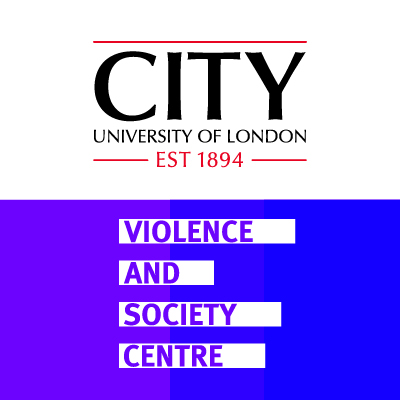This event is in the past.
Insights from a youth co-created animation project
Weaving Stories is a pilot animation project developed by County-Durham arts education company, Changing Relations, and funded via the VISION research consortium through the Small Projects Fund.
The animation was co-produced with Secondary-aged students, survivors of peer sexual abuse, and an artistic team, to amplify young people’s voices on the theme of unwanted sexual behaviour and the culture that enables it. The students and young survivors shaped every aspect of the animation.
An interdisciplinary Steering Group of academic researchers, creative practitioners, and child protection and sexual violence specialists from a North East school and Rape Crisis centre, were also involved in the project.
With this animation and associated school based learning programme, Changing Relations seeks to influence knowledge, behaviour, and institutional change using the impactful animation as stimulus for reflection. Following this pilot project, VISION and Changing Relations have organised a one-hour webinar for UK policymakers and practitioners to:
- Watch the co-created animation (20 minutes)
- Hear young people’s perspectives on the key themes and co-production approach
- Explore the animation’s potential impact on school cultures, disclosure, help-seeking, and victim-blaming attitudes
- Engage in academic-informed analysis of trauma-informed safeguarding and youth-centred approaches to sexual violence prevention
- Gain practical insights on using creative participatory approaches to engage young people in conversations about violence and abuse
- Consider actionable recommendations for policy and practice
- Contribute your reflections
This webinar will be of interest to a wide range of professionals who work with adolescents and / or in violence-prevention. Educators, social workers, academics, and third sector, central and local government policy analysts and researchers in particular may be interested.
There are two dates providing the option to choose between a more practice or policy oriented session:
- Thursday 8th May 1-2pm for policymakers
- Wednesday 14th May 3-4pm for practitioners
Speakers and facilitators
- Lisa Davis, Managing Director, Changing Relations
- Kate Gorman, Creative Producer and Artistic Director, Changing Relations
- Kimberly Cullen, Knowledge Exchange Manager, UKPRP VISION research consortium, City St George’s UoL
Webinar registration
To register for free for either the 8th or 14th of May, please visit our page on Ticket Tailor.
The webinar will be on Microsoft Teams and you will receive the link on the day you choose to attend.
For further information, please contact VISION_Management_Team@citystgeorges.ac.uk

